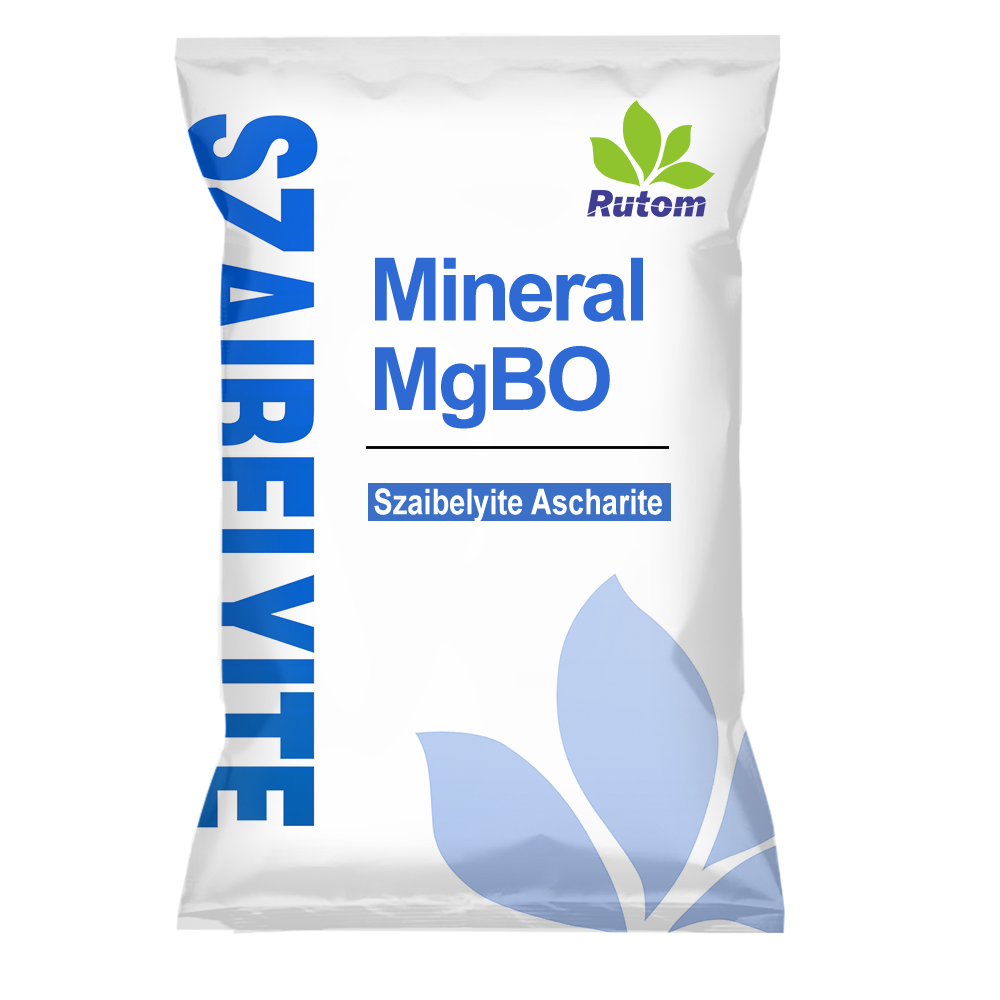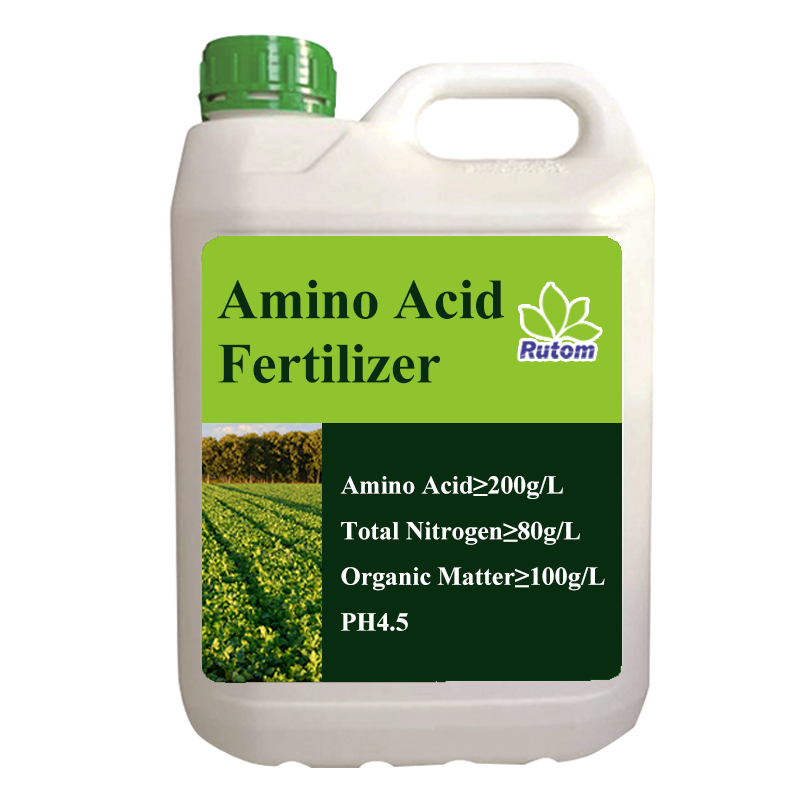The excellent performance of amino acid fertilizer for crops
Amino acids are organic compounds that serve as the building blocks of proteins in plants and other organisms. In agriculture, amino acids are increasingly used as bio-stimulants or fertilizers to enhance crop performance. Here's how amino acids can benefit crops:
Nutrient Uptake: Amino acids can chelate or bind with essential nutrients in the soil, such as nitrogen, phosphorus, potassium, and micronutrients. This chelation process helps to protect these nutrients from leaching or becoming unavailable to plants and enhances their absorption by plant roots, promoting healthy growth and development.
Stress Tolerance: Amino acids play a crucial role in plant stress response mechanisms. They can help plants cope with various environmental stresses such as drought, heat, cold, salinity, and disease. Amino acids act as osmoprotectants, maintaining cellular turgor pressure and water balance during drought or salinity stress. They also participate in the synthesis of stress-related proteins and antioxidants, which help plants mitigate oxidative damage caused by stress factors.
Photosynthesis and Metabolism: Amino acids are involved in photosynthesis, the process by which plants convert light energy into chemical energy. They serve as precursors for chlorophyll and other photosynthetic pigments, enzymes, and coenzymes necessary for photosynthesis and carbon assimilation. By enhancing photosynthetic efficiency, amino acids contribute to increased biomass production and yield.
Root Development: Amino acids stimulate root growth and development, leading to a more extensive and robust root system. This enhanced root architecture improves nutrient and water uptake from the soil, enhances anchorage and stability, and increases overall plant resilience to environmental stresses.
Fruit Quality and Yield: Application of amino acids can improve the quality and yield of agricultural crops. Amino acids influence fruit setting, size, color, flavor, and nutritional content. They also promote fruit ripening and prolong shelf life by regulating hormone balance and metabolic processes in plants.
Compatibility with Other Inputs: Amino acids are compatible with various agricultural inputs such as fertilizers, pesticides, and herbicides. They can enhance the efficacy of these inputs by improving their absorption, translocation, and utilization by plants, thereby optimizing their performance while reducing environmental impacts.
Overall, the use of amino acids in agriculture offers a sustainable and effective approach to improving crop productivity, resilience, and quality. However, it's essential to consider factors such as dosage, application timing, and crop-specific requirements to maximize the benefits of amino acid-based products. Additionally, farmers should ensure the quality and purity of amino acid products to avoid any potential adverse effects on crops or the environment.






